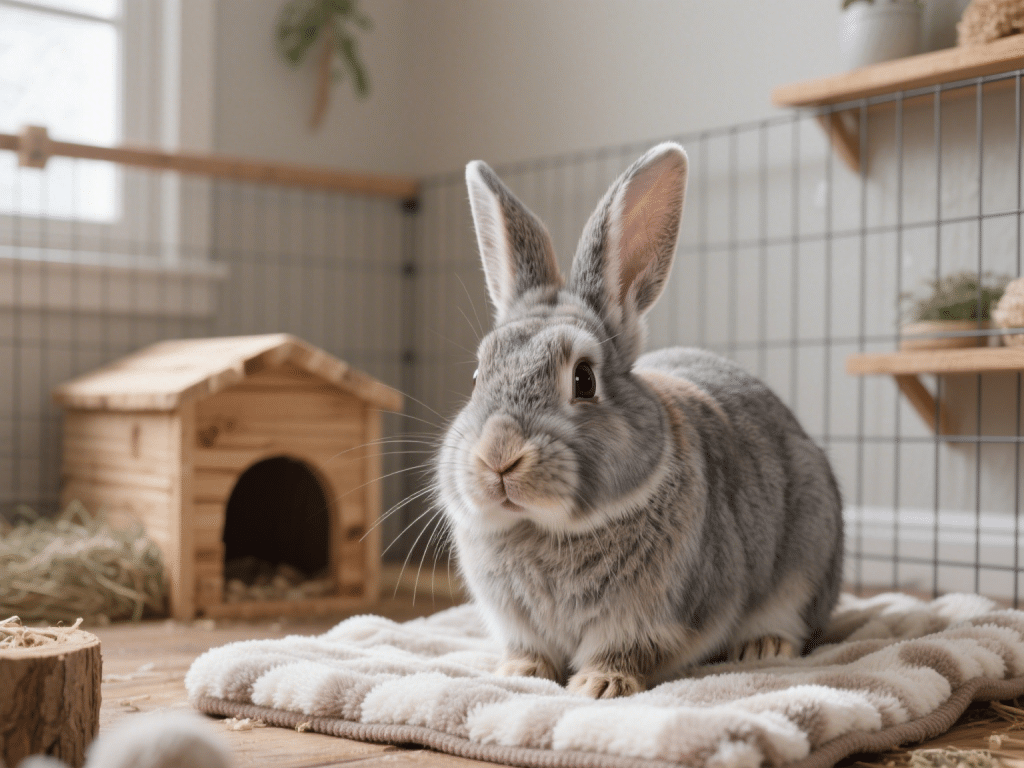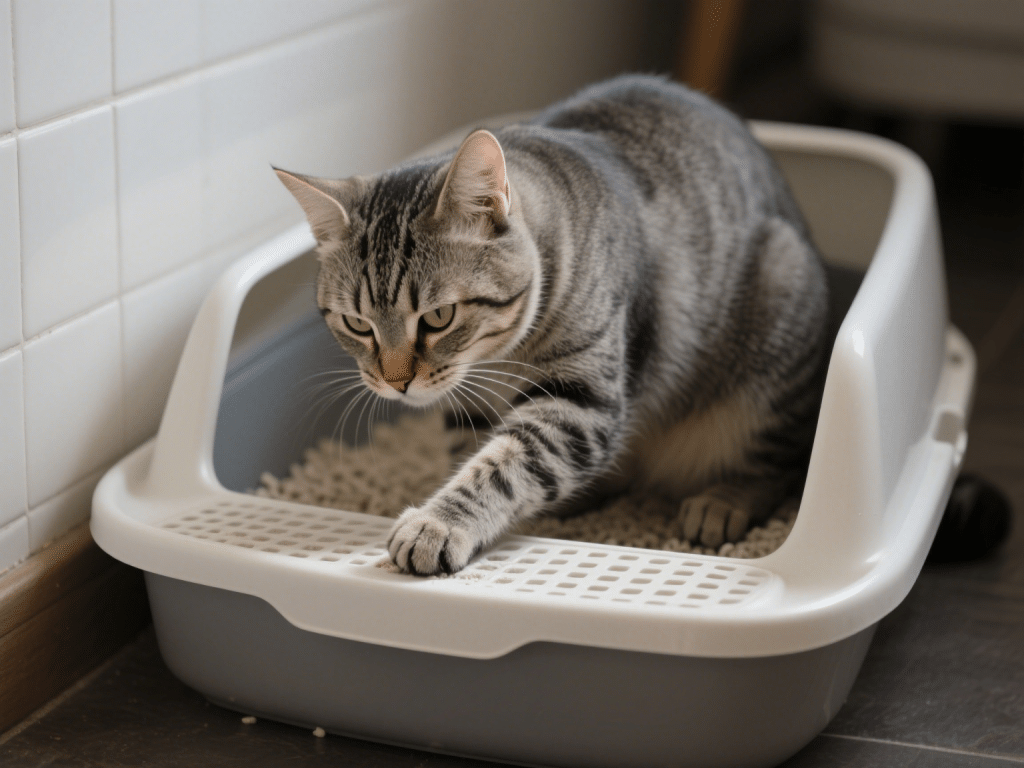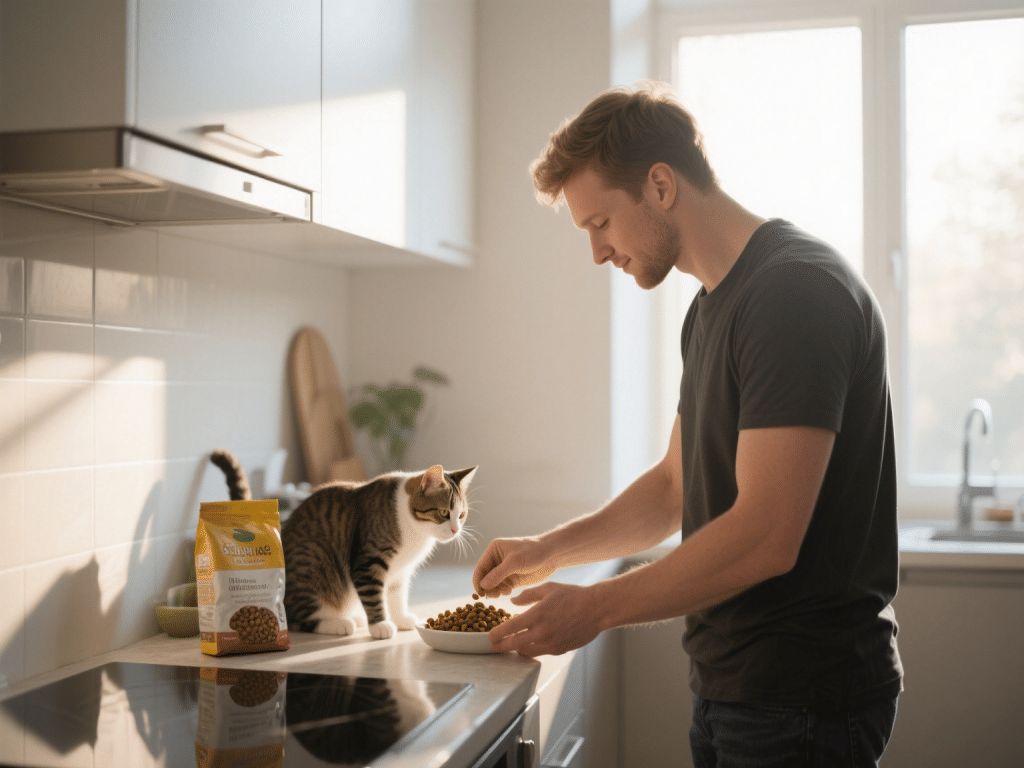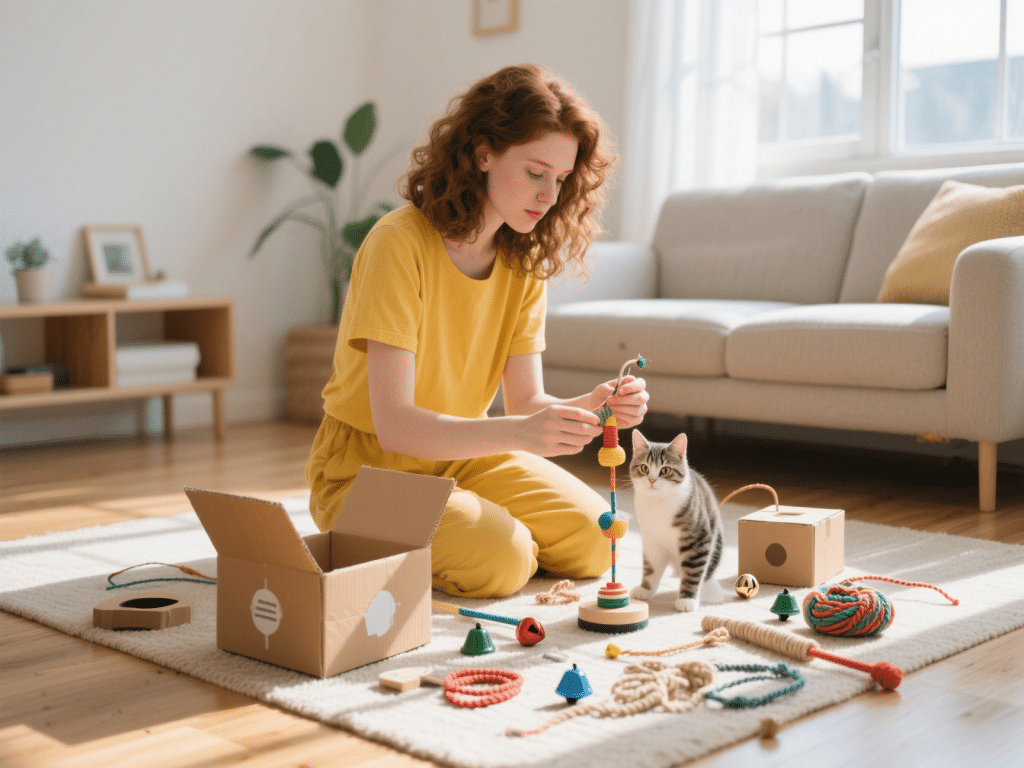
Safe and Stylish Rabbit Housing: Indoor Hutches vs. Free‑Roam Pens
Proper housing is the bedrock of rabbit welfare. After consulting with exotic‑pet archit...

If you’ve ever watched your cat meticulously digging and covering in its litter box, you’ve witnessed an ancient behavior rooted in survival. While our indoor kitties don’t face predators, burying waste still serves critical functions—from hygiene to social signaling. Let’s explore why cats bury their poop and how you can ensure your cat’s litter experience stays happy and healthy.
In the wild, medium‑sized felines hide their scent to avoid attracting larger predators and to sneak up on prey. Even well‑pampered house cats retain this instinct. Burying feces masks their presence and shows respect to dominant cats in shared territories.
Not all cats bury! In multi‑cat homes, a dominant tom may leave waste unburied to mark territory. Submissive cats will meticulously cover their droppings to avoid conflict. If your otherwise tidy cat suddenly stops covering, it may be a sign of stress or social tension.
Changes in litter‑box behavior can signal medical issues:
Straining or loud meowing: Possible constipation or urinary tract problems—vet visit advised.
Avoidance or accidents outside the box: Pain, arthritis, or cognitive decline could make entering/exiting the box difficult.
Excessive scratching: Skin irritation or litter‑type dislike.
Number & Placement: One box per cat, plus one extra, placed in quiet, easily accessible spots.
Litter Type & Depth: Most cats prefer unscented, fine‑grained litter at least 2–3 inches deep.
Daily Scooping & Weekly Changes: Keeps odors low and encourages proper use.
Box Styles: Some cats hate covered boxes—observe your cat’s preference.
Provide ample boxes in separated areas. If a dominant cat guards a litter box, others may soil elsewhere. Use pheromone diffusers (e.g., Feliway) to reduce tension and promote harmonious covering behavior.
Takeaway: Burying waste is more than neatness—it’s a window into your cat’s instincts, health, and social life. By creating an ideal litter environment and watching for changes, you’ll keep your kitty comfortable and your home fresh.

Proper housing is the bedrock of rabbit welfare. After consulting with exotic‑pet archit...

Indoor cats face unique challenges: reduced activity, limited environmental stimulation, a...

As a veterinary nutrition specialist and long-time dog enthusiast, I’ve tested dozens of...

IntroductionIntroducing a new puppy to a senior dog requires careful planning. Senior dogs...

Puppy Socialization 101: How to Raise a Friendly DogRaising a confident, friendly dog hing...

IntroductionCats are curious, intelligent creatures that thrive when their minds are engag...
Comments on "The Hidden Reasons Cats Bury Their Poop: Instincts, Territory, and Health" :